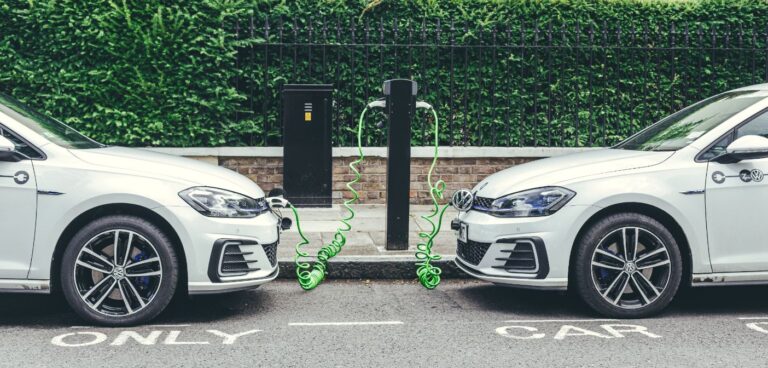Oxford City Council has said that new data shows that electric vehicles (EVs) owned by Oxford Direct Services (ODS) – a council-owned company that provides public and commercial services – have been charged for 299 days, or 7,185 hours, during the last 12 months.
The data, compiled by a fleet data reporting tool, provides an overview of the use of the 330-vehicle fleet.
ODS hopes to electrify a quarter of its vehicles by 2023.
What’s more, the £41m Energy Superhub Oxford project has supported the purchase of 40 EVs, according to the council, including an electric bin lorry, a street sweeper, an excavator and a range of vans.
In April 2020, the council accepted its first EV delivery for the scheme; in July 2020, it installed the first 50kW rapid chargepoint for ODS’ EV fleet, alongside 32 other fast 22kW chargers.
According to the council, this deployment included the fitting of ODS’ EVs with data recording devices, which revealed how long the vehicles had been charged for, that 83,830 kWh of energy has been used to charge ODS’ EV fleet, that the EVs had travelled 1,524,899 miles (2,454,087km), which is the equivalent of travelling from John o’ Groats to Land’s End 2,281 times.
Some other collected data included figures on fleet maintenance, use of fuel and use of chargepoints.
Alongside fleet usage information, the reporting also examines fleet maintenance, fuel usage and chargepoint usage data.
The Energy Superhub Oxford project is a collaboration between Oxford City Council and EDF Renewables UK and also includes Habitat Energy, Invinity Energy Systems, Kensa Contracting and the University of Oxford. It has received £10m from the government’s Prospering from the Energy Revolution Challenge.
Nigel Chapman, councillor and cabinet member for citizen focused services, said: “The fleet data project has given and will continue to give an invaluable insight into the fleet’s contribution to Oxford City Council’s carbon emissions.
“By accurately recording vehicle data we can work alongside ODS to continually improve the impact of the fleet and for the first time actually be able to see the effects in the data in real-time.
“This is key for us achieving a net zero carbon council by 2030.”
The council has likewise said it has a broader electric vehicle strategy for oxford, of which the ODS fleet and the Superhub project are a part.





